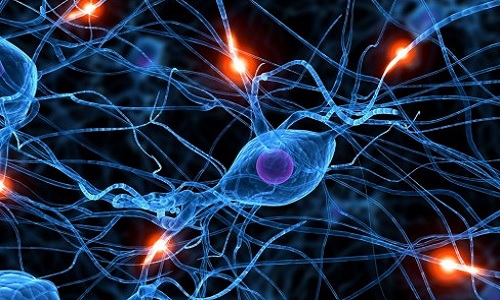
Brain UK study ref: 24/003,
Lay summary,
Project status: Closed
Investigation of corticogenesis defects in Dravet Syndrome patients
Prof Gabriele Lignani and Prof Maria Thom, UCL Queen Square Institute of Neurology
Dravet syndrome is a severe form of epilepsy. It is characterized by frequent, prolonged seizures. These are often triggered by high body temperature (hyperthermia), developmental delay, speech impairment, ataxia, sleep disturbances, and other health problems. The actual brain tissue from patients with Dravet appears relatively normal according to previous published studies. We do know though that in many cases it is due to a mutation of the SCN1A gene. This may be responsible for the dysfunction of subtypes of neurones. However recent studies in our group have developed an in vitro human model of Dravet Syndrome. We have recently identified changes in the development of the cortex and cortical cell types. Now we want to investigate if these are present using post-mortem tissue from Dravet Syndrome patients of a young age. This will allow us to understand better how the disease originates and what causes the symptoms associated with the disease.
